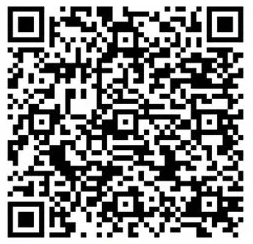The Economy Environment in Tanzania
Tanzania’s economic freedom score is 60, making its economy the 92nd freest in the 2022 global Index and 10th among the 71 African countries.
- The most recent inflation rate reported (2021) is 3.3%.
- The Gini index coefficient is 40.5% as of 2017.
- As of 2021, GDP is $67.78B with a growth rate of 4.3%. In 2020, the Real GDP (PPP) was $152.79B, making It the 11th in Africa and 74th globally.
- GDP per Capita for the year 2021 is $1074.89.

Dodoma, was designated the national capital in 1996.

Recent policy moves by President MAGUFULI are aimed at protecting domestic industry and have caused concern among foreign investors.
Export and Import
- Major Export commodities in 2019 are gold, tobacco, cashews, sesame seeds, and refined petroleum.
- Major Import Commodities in 2019 are refined petroleum, palm oil, packaged medicines, cars, and wheat.
- Petroleum, natural gas, light industries, mining, electrical, petrochemical, and food processing. The industrial production growth rate as of 2017 was 1.7%
- Cost of Starting a Business is 40.6 per capita, 14th in Africa and 24 out of 186 globally (2020).
Credit rating of Tanzania
- Tanzania’s Bank credit to households as of June 2022 is 9399.25 Billion rands, a 3.53% increase in the last one year.
- Credit rateign for Tanzanis is Moody’s rating: B2 (2020).
Tanzania has a Cost of Living Index of 48.53 points, making it the 42nd highest in Africa (continent's
average point of 59.81) and 149th highest globally (2017).
Negative impacts on Economy
- The most recently reported unemployment rate as of 2021 is 2.65%, 164th out of 181 globally and 46th in Africa.
- Tanzania is 159th globally for a female unemployment rate of 3.35% (2021) and 170 globally for male unemployment at 2%.
- With an 83.25% labor force participation rate (ranked 3 in Africa and 5 globally), labor for of 29.04 million are employed as of 2021.



